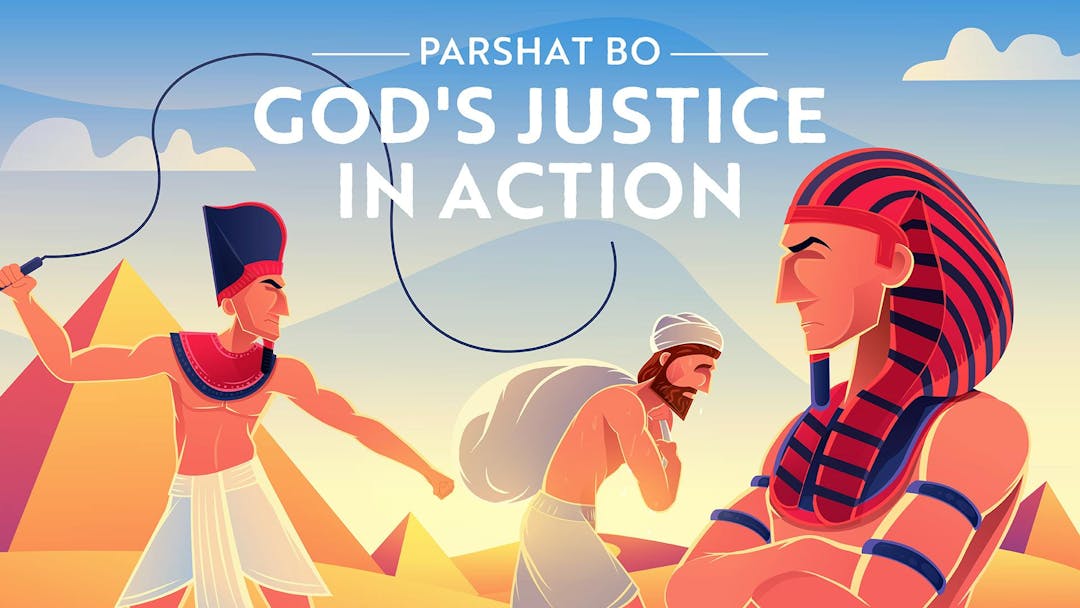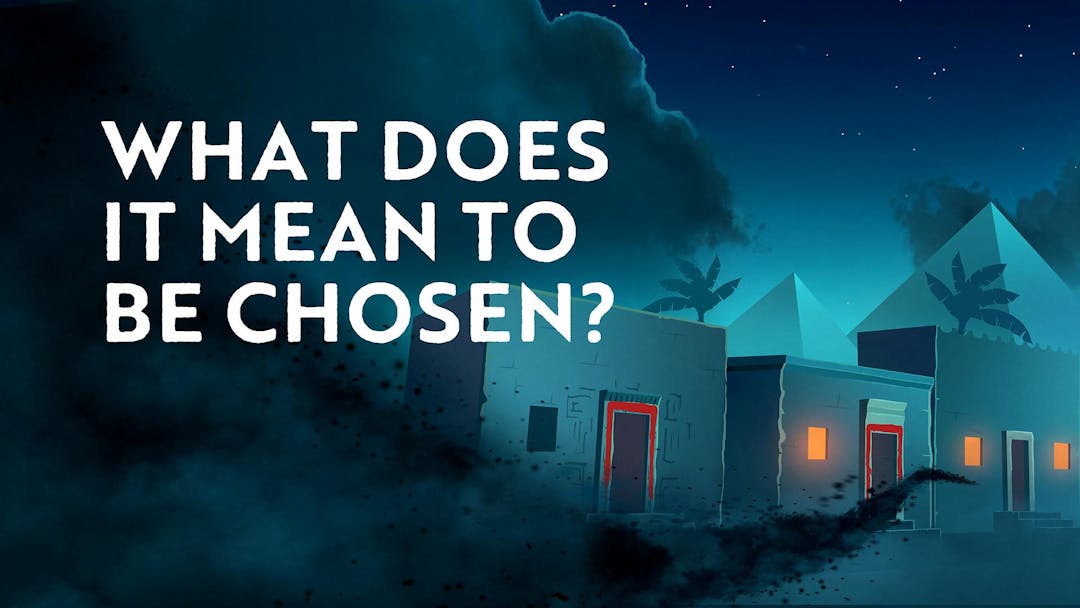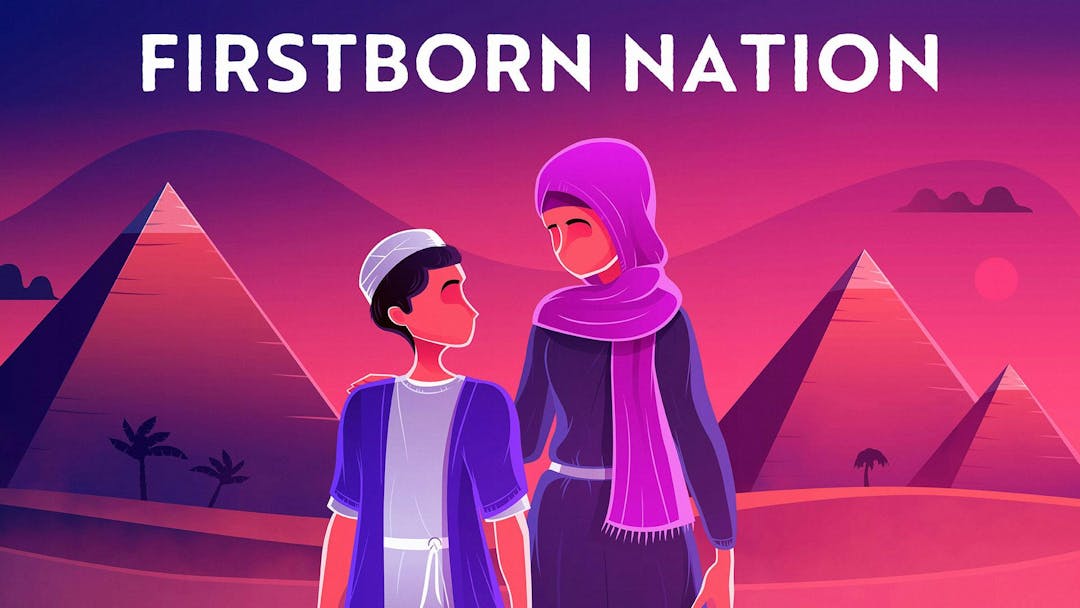Start your free trial today to unlock the full library and enjoy unlimited and uninterrupted access.
Get StartedThe Flight Of The Firstborn Nation
Defining Israel's Role As God's Firstborn
After the plague of the firstborn, Parshat Bo (Exodus 10:1–13:16) tells the story of how we're finally freed from years of slavery! Mazal Tov! But before we get to the triumphant splitting of the sea, we read a whole section of laws relating to firstborn children and animals. Wait, what?!
Can’t this wait until we're across the Sea?? What's the deal with these bechor laws and what can they teach us about the true meaning of the Exodus? More importantly, how do these laws shape our definition of what it means to be God's firstborn?
In this video, we explore the biblical connections between the Egyptian plague and the Israelites' laws of the firstborn. In doing so, we shape our understanding of what God meant when he declared that 'Israel is My firstborn,' and the significance behind the laws of dedicating and consecrating the firstborn as belonging to God.
Watch Rabbi Fohrman’s Passover course on the concept of the firstborn: "What Does It Mean To Be God’s Chosen People?"
Want to watch the full video for free?
Enter your email and we’ll send you a link to watch the full series free.
What is Aleph Beta?
Aleph Beta is a unique kind of Torah library. Led by our founder, Rabbi David Fohrman, we are dedicated to high-level, textual Torah learning for adults that is intellectually and spiritually sophisticated, that enlivens your Jewish practice and helps you forge a deeper connection to God. Whether you’ve been learning in yeshiva for years or you’re just beginning your Torah journey, you’re sure to find something meaningful and surprising waiting for you here.
Browse our library of over 1,000 beautifully produced animated videos, podcasts, deep dive courses, and printable guides. Topics include the weekly parsha, Jewish holidays & fast days, laws & mitzvot, prayers, relationships, big philosophical ideas and more. Have something to say at the Shabbos table that will amaze your family and guests and bring deep meaning into their lives.











